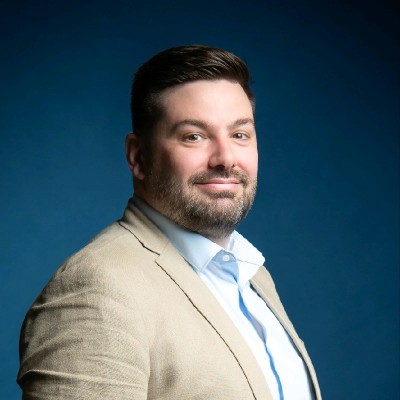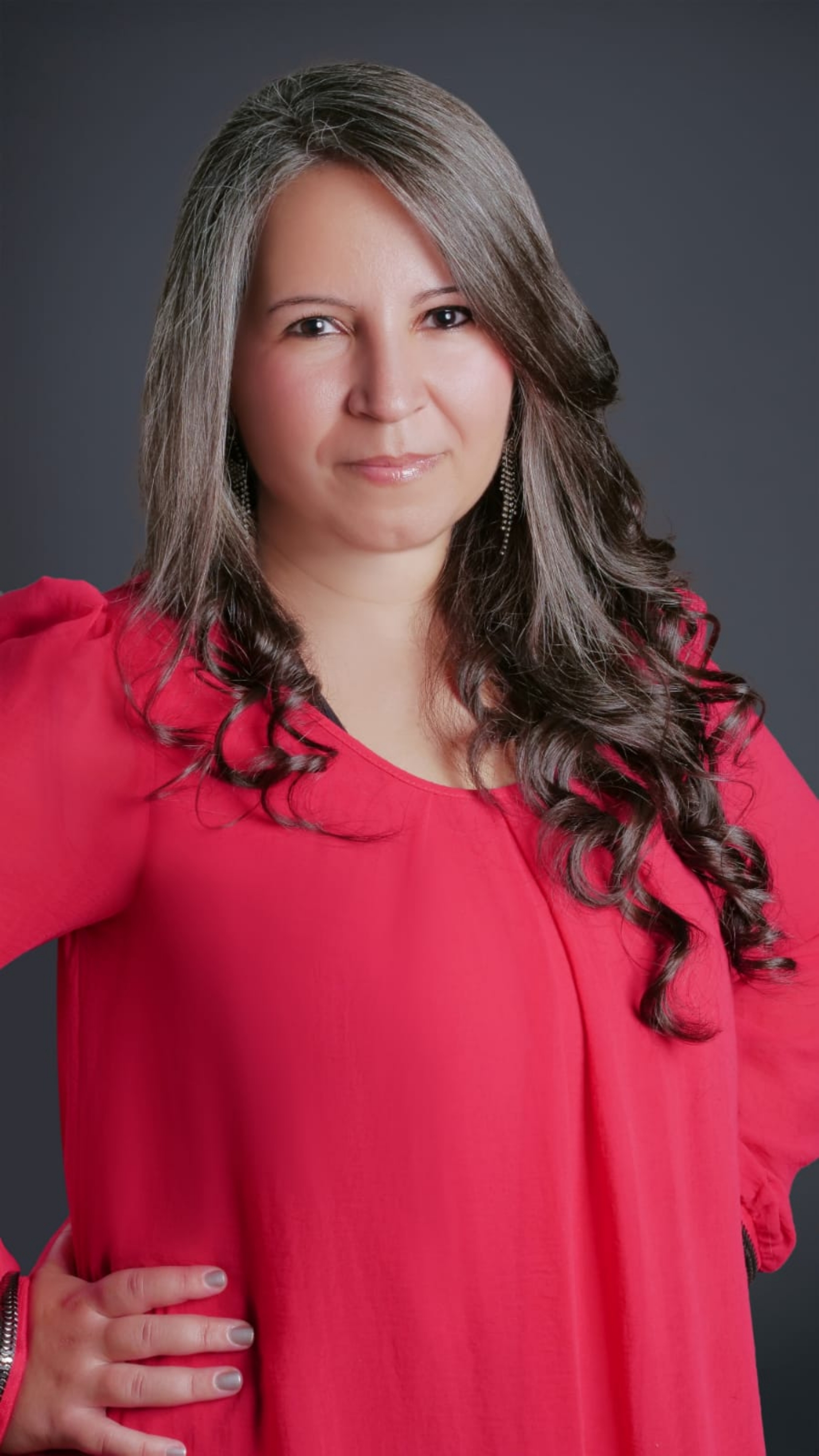
Where are they now? Rose Elcock
Tell us about you, your experience, and your time in the Middle East?
I am from Uruguay and moved to Dubai shortly after finishing my psychology degree in 2010. At that time, you could only move to Dubai if you had a visa endorsed by a corporate.
Dubai was getting back on its feet after the 2008 recession, people were moving to the city to pursue new career paths, but there were still ghost buildings in the middle of Sheik Zayed road and Ferraris gathering dust and abandoned at the airport. Despite these mixed experiences, Dubai was still at the forefront of innovation and relentlessly embracing multiculturalism.
It was a city of hope for young professionals looking for a different experience, but it seemed like we all had an end date that probably coincided with the expiration date of our corporate visas. In my case, that is exactly what happened: I left after three enjoyable years, with a grateful heart and a number of breathtaking experiences.
Fast forward to 2023, and I am impressed by what the city has become. Dubai is now an attractive city to raise a family and build a start-up business. With the raise of remote work and the possibility of dual residency, I am absolutely drawn to come back and experience the region with sustainability and a long-term vision in mind.
Since the inception of my company, there were very clear guidelines on how we had to work. As a mother and with the priority of raising a family, time was a precious resource. This meant we had to provide a fast and effective online solution. Our clients are always amazed at how we handle the complexities of people management in such a clear, results-oriented way.
It’s refreshing for our team. There is a sense of relief to build a “no culture” culture. The consultants know that I value their time, and as long as they deliver the highest quality service, there are no further expectations on my part.
Our company is known for delivering customised HR solutions for a very specific market. We are now integrating technology that will allow us to focus on scaling our solution and potentially address new segments.
While I would love to see this all unfold in a short period of time, I know from experience that I will be focusing on this development over the next 5 years.
The concept of employment as we know it is likely to change in the next few years with the integration of AI into the workplace and companies opting for remote working models. Time-bound contracts will carry less weight, and terms like time and location will be agreed upon on project-based scopes.
Awareness and education efforts will be needed to manage the transition from these two different models. You have to be able to deliver compelling messages that give people a vision of what is required to be successful in the future of work. Companies also need to be equipped with the right tools to make the transition to a less regulated world of work, but with the same level of accountability and performance.

 EN
EN AR
AR HI
HI ES
ES FR
FR DE
DE











